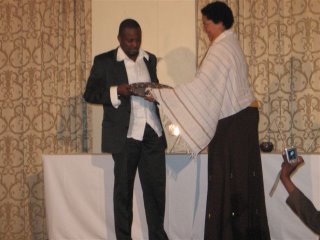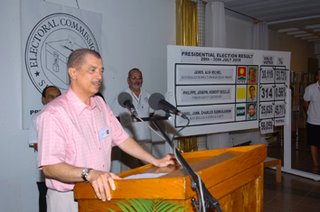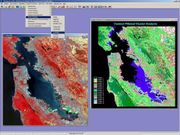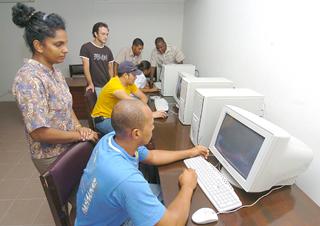
Seychelles is the latest COMESA member country to receive financial and technical assistance from the organisation in setting up a national ICT committee.
The National Information and Communication Technology Consultative Committee will provide the government with policy direction and advice on Information and Communication Technology (ICT) development in the country.
The committee was launched following a half-day workshop on the terms of reference of the Regional Information and Communication Technologies Support Programme (RICTSP), chaired by Comesa's ICT coordinator Mercedes Marin Nortes.
The committee brings together the most knowledgeable and influential stakeholders in ICT matters from the country’s public and private sectors.
The minister responsible for technology, Jacquelin Dugasse says the Committee, “will act as a forum for the discussion of ideas which will lead to more effective use of ICT across the country and also resolve any issues that are identified as impeding ICT development.”
Critics have in the past questioned the government’s commitment in placing access to ICT at the centre of the country’s development agenda.
Earlier this month in his response to the 2007 budget speech, the leader of the opposition, Wavel Ramkalawan say “Seychelles should not only remain abreast of developments in ICT but also be part of the innovative process in order to optimize its full potential.”
No reports of the committee’s works have been made public yet.






























